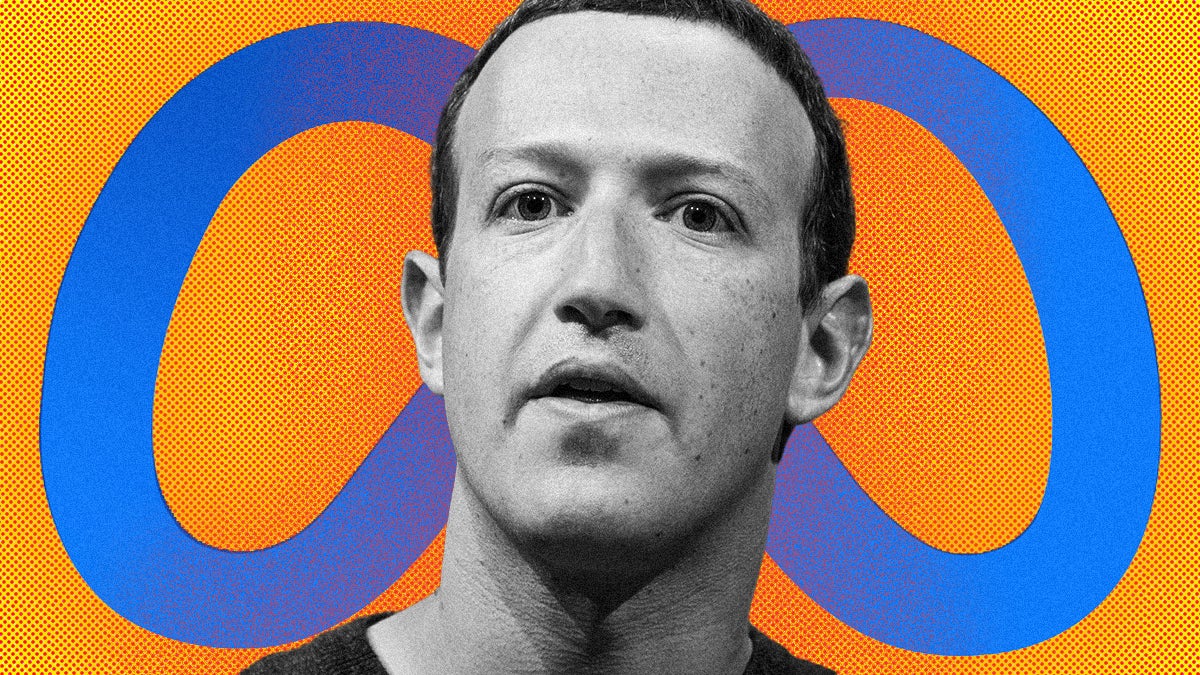
Meta is set to get rid of fact-checkers across apps like Facebook and Instagram. In a website post written by Chief Global Affairs Officer Joel Kaplan, Meta announced that it is transitioning to a Community Notes-type system and getting rid of its third-party fact-checkers for good.
The Community Notes model will be largely the same as the one on X. That means will rely on fellow netizens to fact-check and call out misinformation on labels added to certain posts.
Kaplan makes it no secret that X is an inspiration for Meta. “We’ve seen this approach work on X – where they empower their community to decide when posts are potentially misleading and need more context, and people across a diverse range of perspectives decide what sort of context is helpful for other users to see,” he writes.
“We think this could be a better way of achieving our original intention of providing people with “information about what they’re seeing – and one that’s less prone to bias.”
Indeed, in a video accompanying the announcement post, Zuckerberg accused third-party moderators of being “too politically biased.” He claimed they’ve “destroyed more trust than they’ve created” over the years. Community Notes are set to be phased in the US first in the next couple of months,
What Other Changes Are Coming to Meta?
In this five-minute video, Zuckerberg said he aims to prioritize free speech on his platforms. As part of this crusade, the Facebook founder said Meta will loosen its content moderation approach in two ways.
Firstly, the platform is planning on re-introducing what it defines as “civic discourse” (content related to politics and social issues) back onto people’s feeds.
Secondly, Meta will be taking a “personalized approach” to content on users’ feeds. The platform had previously downranked political content. However, this new policy, it will be treated “like any other content on your feed.” This means users will be able to choose how much political content they want to see.
“These changes are an attempt to return to the commitment to free expression that Mark Zuckerberg set out in his Georgetown speech,” Kaplan concludes. “That means being vigilant about the impact our policies and systems are having on people’s ability to make their voices heard, and having the humility to change our approach when we know we’re getting things wrong.”




